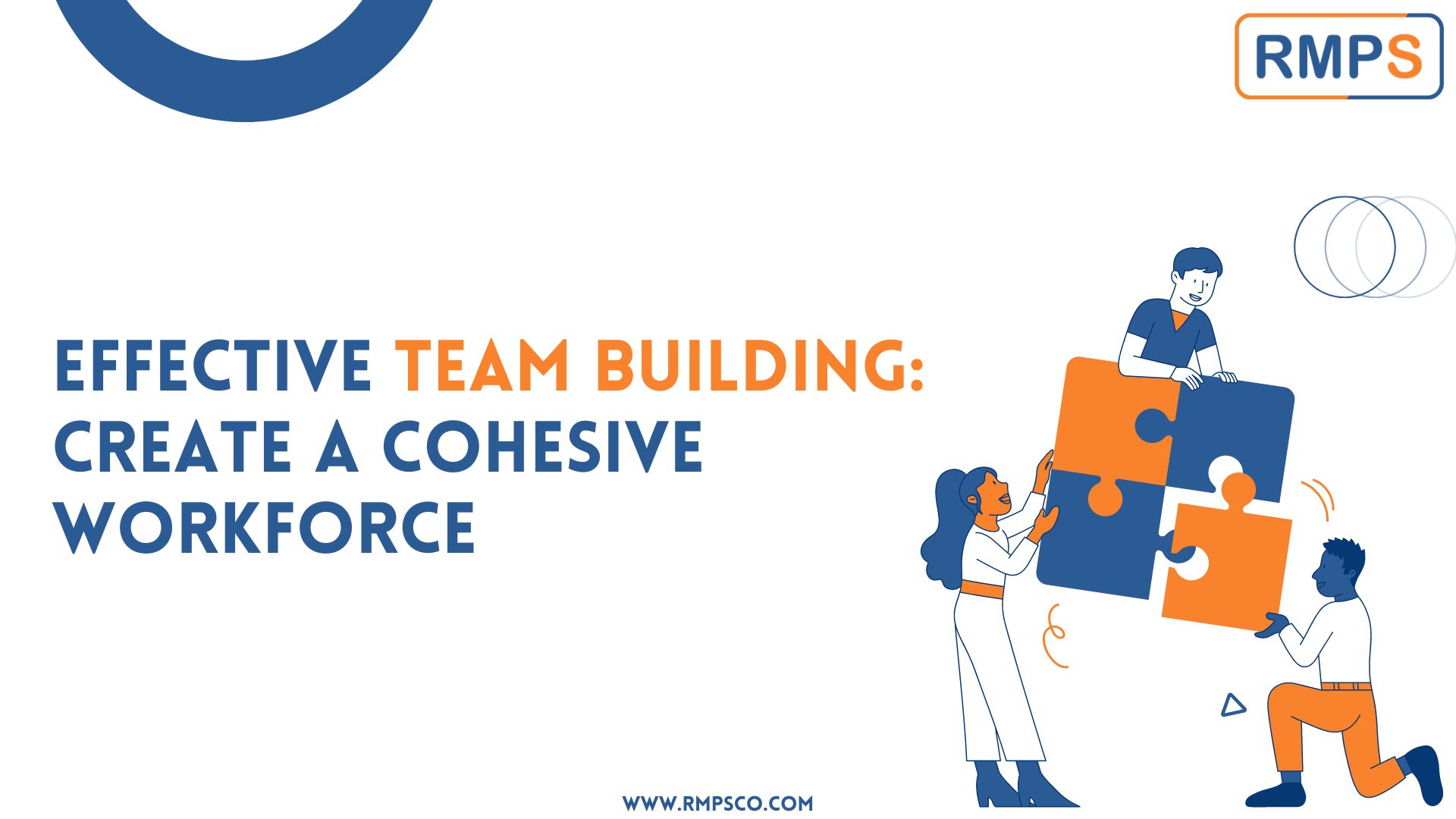
In today’s competitive business landscape, the strength of your team can make or break your success. Effective team building is essential for creating a strong, cohesive workforce that can adapt to challenges and drive your organization forward. In this blog, we’ll explore the key strategies for building a dynamic team that works well together and delivers exceptional results.
Why Team Building Matters
It is not just about fun activities and icebreakers. It’s about fostering collaboration, improving communication, and creating a positive work environment.
Increase Productivity: When team members understand their roles and how they contribute to the overall goals, productivity soars.
Enhance Collaboration: Strong teams communicate effectively, share ideas, and work together to solve problems.
Boost Morale: A supportive environment leads to higher job satisfaction and reduced turnover rates.
Drive Innovation: Diverse teams bring different perspectives, leading to more creative solutions and innovations.
Key Strategies for Effective Team Building
1. Define Clear Goals and Roles
Clarity is crucial for team success. Ensure that each team member understands the team’s objectives, their individual responsibilities, and how their work contributes to the larger goals. This clarity helps prevent misunderstandings and ensures everyone is working towards the same outcome.
2. Foster Open Communication
Encourage open and honest communication within your team. Create an environment where members feel comfortable sharing their ideas, feedback, and concerns. Regular meetings, feedback sessions, and team-building activities can help promote transparency and trust.
3. Encourage Diversity and Inclusion
Diverse teams are more innovative and effective. Encourage a culture of inclusion where different backgrounds, perspectives, and skills are valued. This approach not only enriches them but also enhances problem-solving and creativity.
4. Provide Opportunities for Development
Invest in your team’s growth by offering training, workshops, and professional development opportunities. When they feel that their skills are valued and being developed, they are more likely to stay engaged and committed.
5. Recognize and Reward Achievements
Acknowledging the hard work and achievements of your team members boosts morale and motivation. Implement a system for recognizing both individual and team accomplishments, whether through formal awards or simple, informal praise.
6. Build Trust and Relationships
Trust is the foundation of a strong Organisation. Encourage them to get to know each other on a personal level through activities and social events. Building strong interpersonal relationships can enhance collaboration and trust.
7. Address Conflicts Constructively
Conflicts are inevitable in any team. The key is to address them quickly and constructively. Encourage a culture where conflicts are seen as opportunities for growth and problem-solving, rather than setbacks.
Practical Team-Building Activities
Workshops: Conduct workshops that focus on skills relevant to your team’s tasks. These can include problem-solving workshops, communication skills training, or creativity sessions.
Social Events: Organize social events such as lunches, outings, or virtual happy hours. These events help team members bond outside of the work environment and build stronger personal connections.
Group Projects: Assign group projects that require collaboration across different roles and departments. This can help team members understand each other’s strengths and how they can complement one another.
Regular Check-Ins: Hold regular check-ins and one-on-one meetings to ensure that team members feel supported and heard. These sessions can provide valuable insights into any issues that need addressing and help keep everyone aligned with the team’s goals.
Conclusion
Effective team building is an ongoing process that requires commitment and effort. By defining clear goals, fostering open communication, encouraging diversity, investing in development, recognizing achievements, building trust, and addressing conflicts, you can cultivate a strong and cohesive workforce. Remember, a well-built team is the backbone of any successful organization.
Subscribe Our Newsletter : bmX – Subscribe on LinkedIn
This article is only a knowledge-sharing initiative and is based on the Relevant Provisions as applicable and as per the information existing at the time of the preparation. In no event, RMPS & Co. or the Author or any other persons be liable for any direct and indirect result from this Article or any inadvertent omission of the provisions, update, etc if any.
Published on: May 24, 2024
